An overview of selected new books in Szilárd Library, with a word from their authors, reviewers and publishers
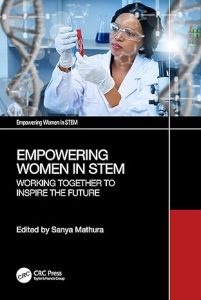
Edited by Sanya Mathura
This book showcases how everyone’s journey is different, some may have unexpected twists and turns while others appear to conform to the “normal” rules outlined by society. By offering a front-row seat on a journey that takes many different paths, this book provides advice that can lead to a STEM career with or without having a STEM background.
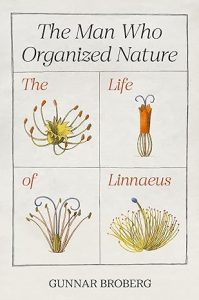
By Gunnar Broberg
A new biography offering a vivid portrait of life and work of Carl Linnaeus (1707-1778), known as the father of modern biological taxonomy, formalized and popularized the system of binomial nomenclature used to classify plants and animals. Drawing on a wide range of previously unpublished sources-including diaries and personal correspondence-as well as new research, it presents revealing and original accounts of his family life, the political context in which he pursued his work, and his eccentric views on sexuality.
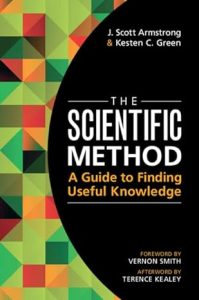
By J. Scott Armstrong and Kesten C. Green
The book’s themes for improving scientific practice are generated from earthy checklists, all concerned to improve compliance with the substantive content of science. It results in checklists for eleven user categories, from researchers to courts. The checklists all derive from key elements of the scientific method, summarized by eight criteria.
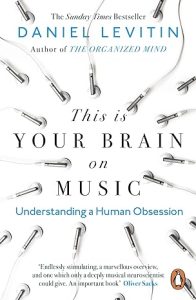
By Daniel J. Levitin
From Mozart to the Beatles, neuroscientist, psychologist and internationally-bestselling author Daniel Levitin reveals the role of music in human evolution, shows how our musical preferences begin to form even before we are born and explains why music can offer such an emotional experience.
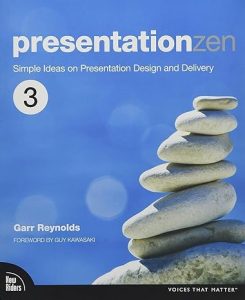
By Garr Reynolds
Garr Reynolds tackles storytelling through slides and shares his approach to effective presentation design. Draw inspiration from fresh examples Combine design principles with Zen simplicity Create simpler, more effective presentations that will motivate your audiences Garr offers techniques for cutting through the noise and distractions of modern life and truly engaging with your audiences in a meaningful way.
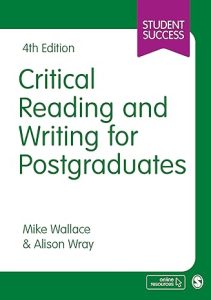
By Mike Wallace & Alison Wray
Practical and engaging, Critical Reading and Writing for Postgraduates is bursting with tools for analysing texts and structuring critical reviews, helping you to gradually build your skills beyond undergraduate level and gain confidence in your ability to critically read and write.
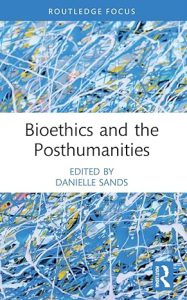
Edited by Danielle Sands
This interdisciplinary volume explores how posthumanist approaches can illuminate current issues in bioethics and uses posthumanism to look critically at the humanism underpinning de-extinction science, considers the ways in which technology is re-framing our social and political imaginaries, and asks about the identification of future posthumans.
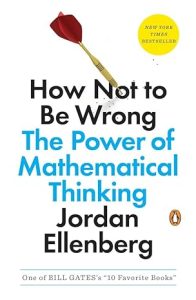
By Jordan Ellenberg
Using the mathematician’s methods and hard-won insights-minus the jargon-professor and popular columnist Jordan Ellenberg guides general readers through his ideas with rigor and lively irreverence, infusing everything from election results to baseball to the existence of God and the psychology of slime molds with a heightened sense of clarity and wonder.
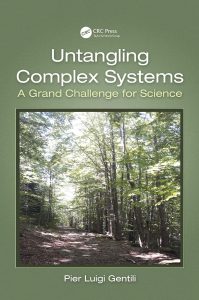
By Pier Luigi Gentili
This book is an account of a marvelous interdisciplinary journey the author made to understand properties of the complex systems.








